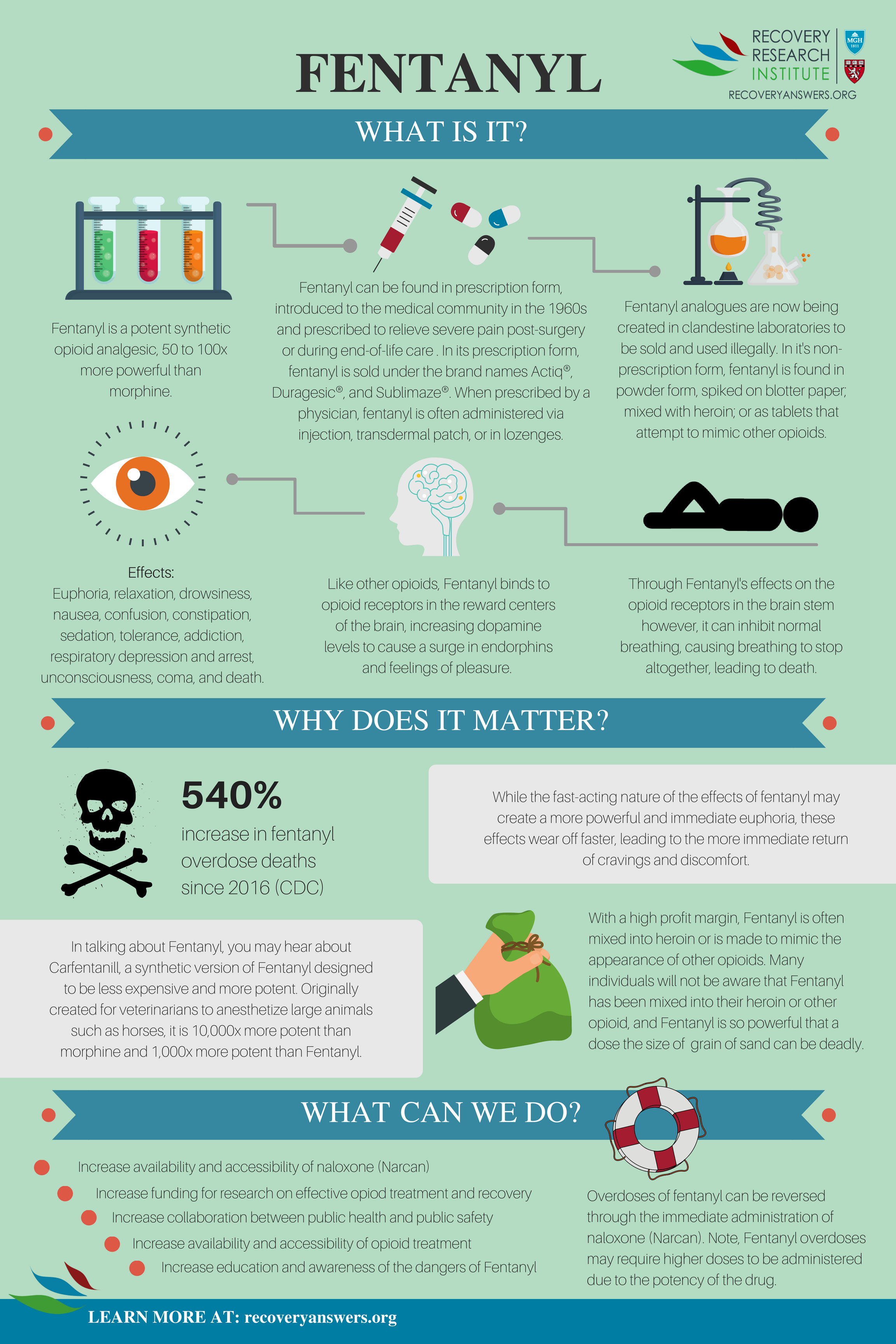Why Aftercare In Drug Rehabilitation Is Important For Long-Lasting Recuperation. Find Out How Support Systems Can Aid You Stay Sober And Develop A Meeting Life
Why Aftercare In Drug Rehabilitation Is Important For Long-Lasting Recuperation. Find Out How Support Systems Can Aid You Stay Sober And Develop A Meeting Life
Blog Article
Web Content Develop By-McDermott Larson
You can not do it alone. Recovery from drug addiction requires a strong support system.
The value of aftercare in drug rehabilitation can not be overstated. In this article, we will explore the duty of counseling, the advantages of therapy, and the structure supplied by peer support system in keeping sobriety.
So, grab a mug of coffee, unwind, and allow us assist you through the vital steps of post-rehabilitation support.
The Role of Counseling in Aftercare
If you want to keep your sobriety after leaving rehabilitation, it's essential that you proceed participating in therapy sessions as part of your aftercare strategy.
Therapy plays a vital role in your healing journey by offering recurring assistance, assistance, and a safe space to reveal your feelings and problems.
Via therapy, you can resolve any kind of underlying problems that might have contributed to your dependency, develop coping strategies, and find out much healthier means to handle stress and anxiety and desires.
It permits you to resolve any type of unresolved feelings and establish a better understanding of on your own and your triggers.
The Benefits of Treatment in Maintaining Sobriety
To preserve your sobriety, treatment can offer countless advantages.
- Therapy supplies a risk-free space for you to check out and resolve the underlying concerns that might have contributed to your dependency.
- It allows you to overcome your feelings and establish much healthier ways of dealing with stress and causes.
- Via therapy, you can acquire a better understanding of on your own and your patterns of behavior, which can assist you make favorable changes in your life.
- Additionally, therapy provides you with a support system of experts that are educated to guide and assist you on your journey to healing.
- They can offer valuable understandings, tools, and strategies to aid you browse the challenges that might occur.
- In therapy, you can discover to develop healthy and balanced coping skills, construct durability, and boost your general well-being.
Peer Support Groups: A Structure for Lasting Recuperation
You can find enduring recuperation by actively taking part in peer support system and getting in touch with others that share similar experiences and objectives.
https://www.livingstondaily.com/story/opinion/contributors/2021/10/25/substance-abuse-recovery-long-self-love-journey/6116183001/ offer a safe and non-judgmental room where people in recovery can collaborate to share their battles, successes, and understandings. By actively participating in these groups, you can get the support and motivation you require to stay on the course of healing.
Connecting with others that have actually undergone similar experiences can be incredibly equipping, as it assists you realize that you aren't alone in your journey. It additionally enables you to gain from others who have actually efficiently overcome similar challenges. With each other, you can commemorate turning points, hold each other accountable, and deal advice and suggestions.
With these connections, you can construct a solid support system that will assist you navigate the ups and downs of recuperation and ultimately locate long-term recovery and makeover.
Final thought
You've discovered the crucial function of aftercare in drug rehabilitation. Therapy, therapy, and peer support groups add to lasting recovery. Below's https://blogfreely.net/denver93cristobal/7-red-flags-that-indicate-you-may-benefit-from-chemical-abuse-therapy to realize the size of the problem: research studies reveal that people that obtain aftercare treatment are 50% most likely to keep soberness contrasted to those that do not.
So, think of the transformative power of these support systems in aiding people recover their lives and develop a brighter, drug-free future.
